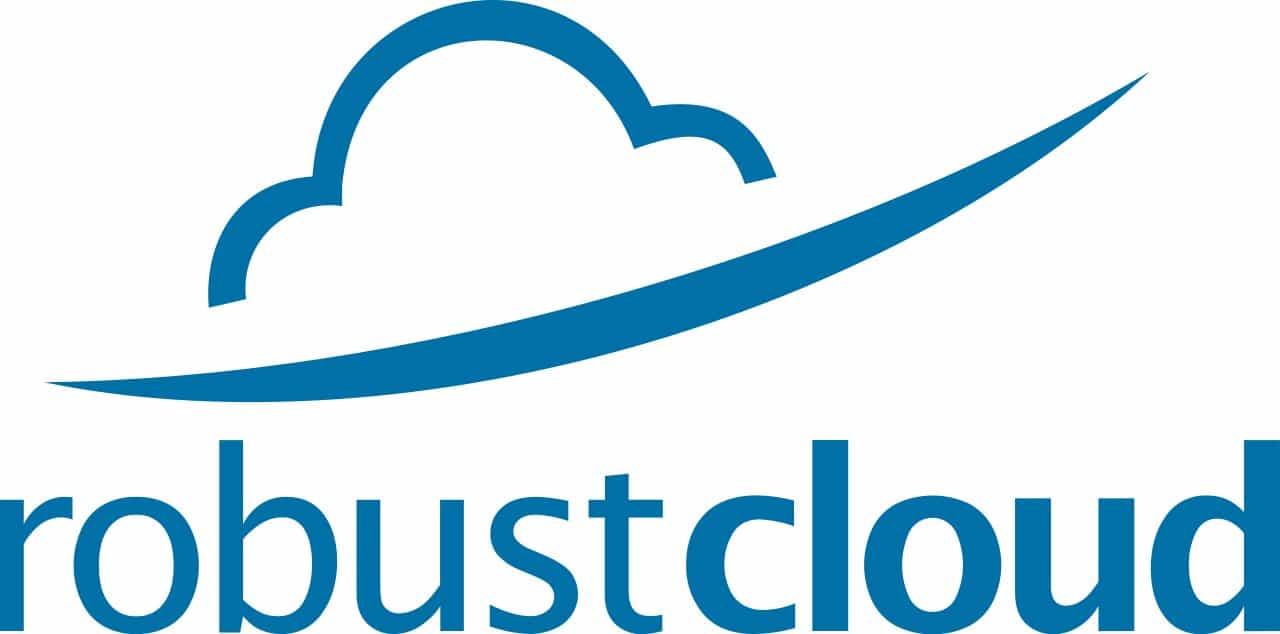
Photo by Tom Barrett on Unsplash
Overview
Enterprise cloud strategy includes implementation in multi-cloud environments for multiple reasons other than just saving costs. First, each public cloud provider has a unique capability and workload portability across public or private clouds that help run applications at the most appropriate location. Portability also prevents vendor lock-in and delivers the ability to run workloads on edge locations and closest to applicable data. Second, well-architected multi-cloud solutions can provide lower costs. Cloud infrastructure is a competitive market. When customers can pick and choose from the most cost-efficient solution for a specific application, there is an opportunity to reduce the total spending by an organization. Third, choosing the most appropriate services provider gives an enterprise the agility to meet varying business challenges. For example, the pandemic accelerated the need for touchless processes, resulting in the rapid growth of SaaS services that delivered the ability to digitize paper contracts. Those services quickly became a must-have in several industries.
This blog post reviews the Dell multi-cloud announcement on January 19th,2022.
Background
Data management across public, private, and edge locations is a significant challenge in multi-cloud environments due to continued data growth. The announcement includes APEX multi-cloud data services, APEX Backup Services, and Project Alpine (Dell’s block and file storage software). This blog post will cover the value of a multi-cloud environment to developers and dive deeper into Dell’s DevOps-ready platform and developer portal.
Observations
The goal of enterprises is to abstract cloud infrastructure from developers that is easy to accomplish when the environment is limited to one cloud location, public or private. Multi-cloud implementations make the process for application development and deployment more complicated due to the distributed environment and the lack of interoperability between environments.
Data is distributed in a multi-cloud environment, and security plays an essential role in ensuring data access is consistently applied in all settings. The ability to move on-premises data storage environments to a public cloud service provider is helpful to cut costs and deliver a consistent experience across on-premise and public cloud environments. Dell’s move to migrate purpose-built storage software to run on any public cloud provider and run it as a service will be helpful to provide flexibility to customers in consuming storage services through hyper scaler marketplaces.
Standardization through common APIs is required to build an agile DevOps platform enhancing developer productivity. Dell provides the capability to consume infrastructure through APIs in any operating environment giving customers additional flexibility. The developer portal that Dell says will be continually updated makes sure that the APIs available are consumable and accessible to users.
Several managed container platforms are popular with customers and deliver end-to-end DevOps capabilities, including Amazon EKS, Azure AKS, Google Anthos, HPE Container Platform, Red Hat OpenShift, Suse Rancher, and VMWare Tanzu. This Dell announcement includes support for most of these platforms giving customers the ability to combine the platform and underlying infrastructure that matches solution requirements.
In a previous post on modernizing applications, we discussed the opportunities for innovation with a modern application development environment and the challenges for high availability when faced with unexpected public cloud outages. Well-architected multi-cloud solutions can provide high availability. Given recent experiences with public cloud downtime, customers should take advantage of the reduced risk from a highly available multi-cloud solution.
While very late to the market, the recent announcement of the VMWare Tanzu Application Platform finally positions VMWare to have a competitive offering in the Platform as a Service (PaaS) market. Dell’s experience with Red Hat OpenShift and its close relationship with VMWare give Dell a unique opportunity to capitalize on full support to both solutions for customers.
Summary
As cloud adoption continues to grow, the reality is setting on enterprises that the benefits of a multi-cloud environment can create challenges in managing the distributed environment. Without proper management tools and common standards, the benefits of cloud adoption could be diminished. Vendors like Dell, HP, and IBM all offer solutions for a multi-cloud implementation.
The Dell multi-cloud announcement has several services to assist both operations and developers. The benefits to enterprises could be summarized as follows. First, support of significant cloud stacks gives enterprises a wide array of choices. Second, cloud-native technologies provide the standards-based approach that allows workload portability. Finally, a plan to make the block and file storage software currently running on-premises available on public clouds eases data migration from legacy implementations.
